Teeth whitening with home remedies such as baking soda, lemon & co: can it really work, and which products work best?
A radiant white smile is considered the epitome of beauty and health. However, not everyone wants to spend a lot of money on professional teeth whitening or chemical products to achieve such a smile.
This is why many people resort to home remedies that promise to whiten teeth naturally.
But how effective and safe are these methods really? In this article, you will find out which home remedies for teeth whitening actually work, what risks they entail and how you can use them without risk.
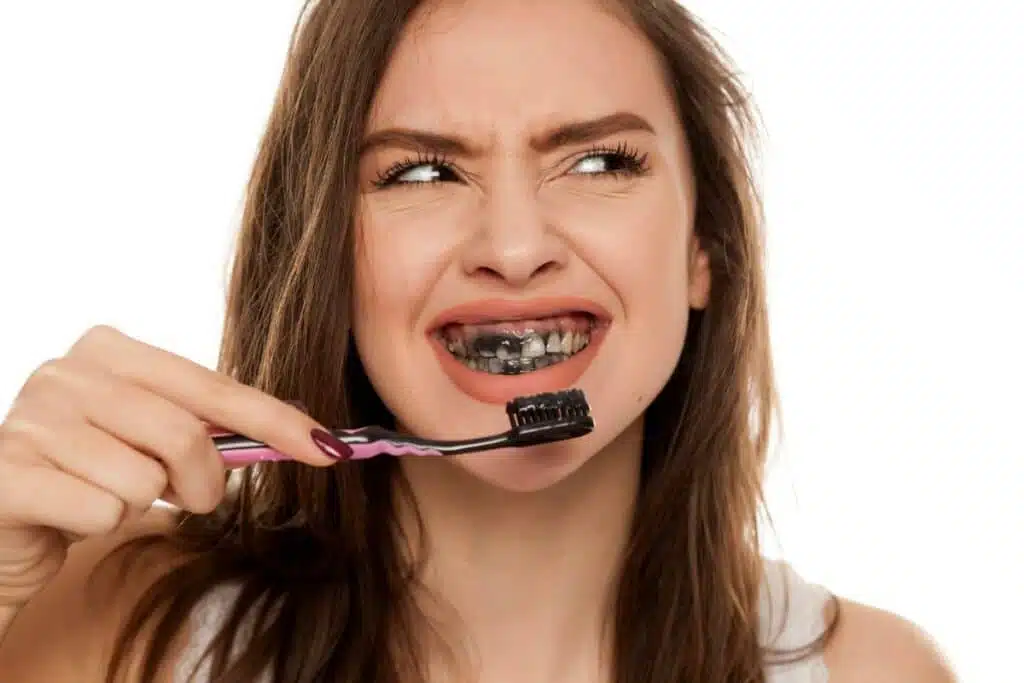
Why do teeth become discolored?
Before we address the topic of teeth whitening with home remedies, it is important to understand why teeth become discolored in the first place.
The most common causes of tooth discoloration are the consumption of coloring foods and drinks such as coffee, tea, red wine and berries, as well as smoking.
Certain medications, the natural aging process and inadequate oral hygiene can also lead to a darker tooth color.
These stains can either be superficial or penetrate deeper into the enamel, making them more difficult to remove.
Whitening teeth with home remedies – what really works?
Below we take a closer look at some of the best-known home remedies for teeth whitening and assess whether and how well they actually work.
1. whiten teeth with baking soda
Method: Baking soda is a widely used household remedy for teeth whitening. It is often mixed with water to form a paste and used like toothpaste. The abrasive properties of baking soda are intended to remove discoloration from the tooth surface.
Effectiveness: Baking soda can effectively remove superficial discoloration and make teeth smoother. However, it is an abrasive agent that can wear away tooth enamel if used frequently. It should therefore be used sparingly and not regularly.
Risks: If used excessively, baking soda can permanently damage tooth enamel and lead to sensitive teeth. In addition, it only removes superficial discoloration and has no bleaching effect on the enamel itself.
2. teeth whitening with activated charcoal
Method: Activated charcoal is applied as a powder to the toothbrush and used like toothpaste. Its absorbent properties are designed to remove discoloration and plaque from the tooth surface.
Effectiveness: Activated charcoal can remove superficial discoloration in the short term, but there is no scientific evidence of long-term tooth whitening. The results are often subtle and not as effective as professional treatments.
Risks: The abrasive nature of activated charcoal can damage tooth enamel if used frequently. This can result in long-term damage such as tooth sensitivity and loss of enamel. There is also a risk of activated charcoal particles penetrating the gum line and causing inflammation.
3. whiten teeth with oil-pulling
Method: Oil pulling is an ancient Ayurvedic practice in which a tablespoon of coconut oil or another vegetable oil is rinsed back and forth in the mouth for 15-20 minutes. It is believed that the oil binds bacteria and thus helps to whiten teeth.
Effectiveness: Oil pulling can improve oral hygiene and possibly help to remove superficial discoloration. However, it does not provide a significant whitening effect and is not comparable to professional whitening methods.
Risks: Oil pulling is generally safe, but should not be considered a substitute for regular brushing and flossing. Incorrect use can lead to muscle fatigue in the jaw.
4. whiten teeth with lemon juice and baking soda
Method: Some people mix lemon juice with baking soda to create a paste that is applied to the teeth. The acidity of the lemon juice and the abrasive effect of the baking soda are said to whiten the teeth.
Effectiveness: Lemon juice has natural bleaching properties that can lead to short-term whitening. However, in combination with baking soda, it can become a very abrasive and acidic agent.
Risks: Using lemon juice on the teeth is extremely damaging to the enamel. The acid attacks the enamel, leading to permanent damage and increased sensitivity. This method should be avoided at all costs.
5. whiten teeth with strawberries
Method: Strawberries contain malic acid, which can act as a natural bleaching agent. Some people rub their teeth with a sliced strawberry or mix the pulp with baking soda.
Effectiveness: Strawberries can slightly lighten superficial discoloration due to their acidity and the abrasive effect of the baking powder. However, the effect is usually minimal and short-term.
Risks: As with lemon juice, the acid in strawberries can also attack tooth enamel. If the strawberry method is used too often, this can lead to tooth damage. However, occasional use is less harmful than lemon juice.
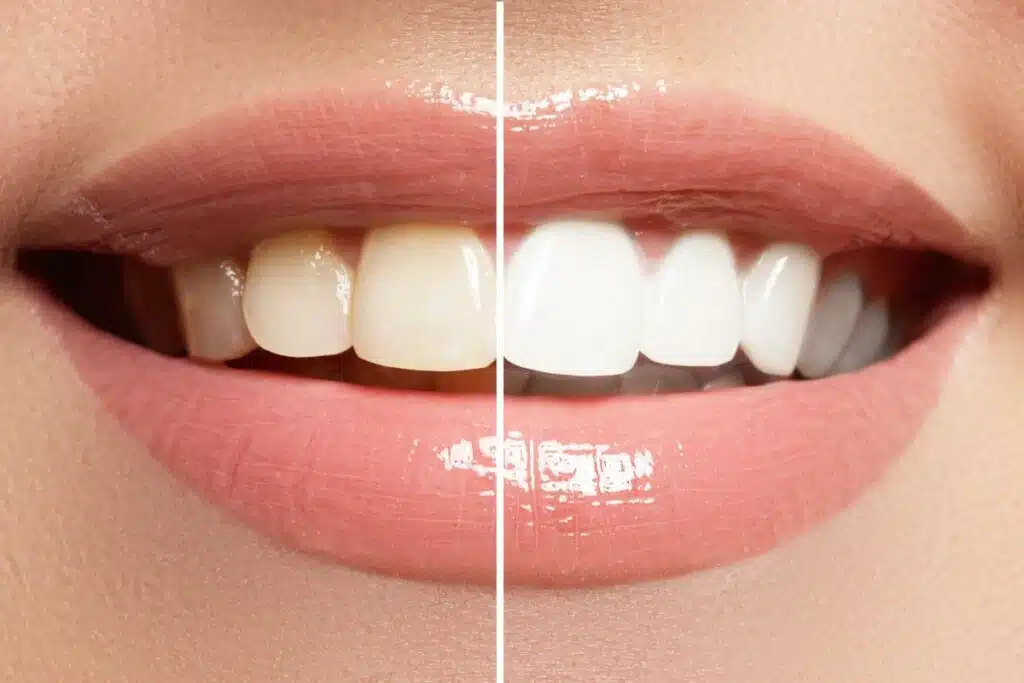
Why home remedies are often not the best choice
While some home remedies can indeed remove superficial discoloration, they are usually not as effective as professional teeth whitening treatments.
In addition, many home remedies carry the risk of damaging the enamel and making the teeth more sensitive.
Since tooth enamel cannot be regenerated, such damage can be permanent.
Professional tooth whitening, whether at the dentist or with high-quality, over-the-counter products, is generally safer and more effective.
These methods use specially formulated bleaching agents that can remove deeper stains without damaging the enamel.
Tip: We recommend DiamondSmile, as the tooth whitening set delivers quick and visible results. The combination of gel and light technology makes it possible to effectively reduce discoloration and whiten teeth by several shades – often after the first application.
The procedure is gentle and minimizes the risk of tooth sensitivity. Accordingly, the DiamondSmile set is a cost-effective alternative to professional bleaching treatments without compromising on effectiveness.
Tips for the safe use of household remedies
If you still want to try home remedies, you should take a few precautions to protect your dental health:
- Use rarely: Use home remedies only occasionally and not regularly to protect the enamel.
- Consult your dentist: Talk to your dentist before using home remedies for teeth whitening, especially if you have sensitive teeth or gum problems.
- Good oral hygiene: Always combine the use of home remedies with thorough oral hygiene, including brushing, flossing and regular visits to the dentist.
Conclusion on teeth whitening with home remedies
Home remedies can provide a short-term solution for superficial tooth discoloration, but often carry risks that can affect long-term dental health.
For safe and effective tooth whitening, professional treatments or specially developed whitening products are the better choice.
As an inexpensive yet effective middle ground, we recommend the DiamondSmile tooth whitening set, which delivers quick and visible results.
The combination of gel and light technology effectively reduces discoloration and lightens teeth by several shades – often after the first application. The particularly gentle procedure minimizes the risk of tooth sensitivity.
If you still want to try home remedies, do so with caution and inform yourself thoroughly about the possible effects on your teeth.
Your radiant smile should not come at the expense of your dental health.
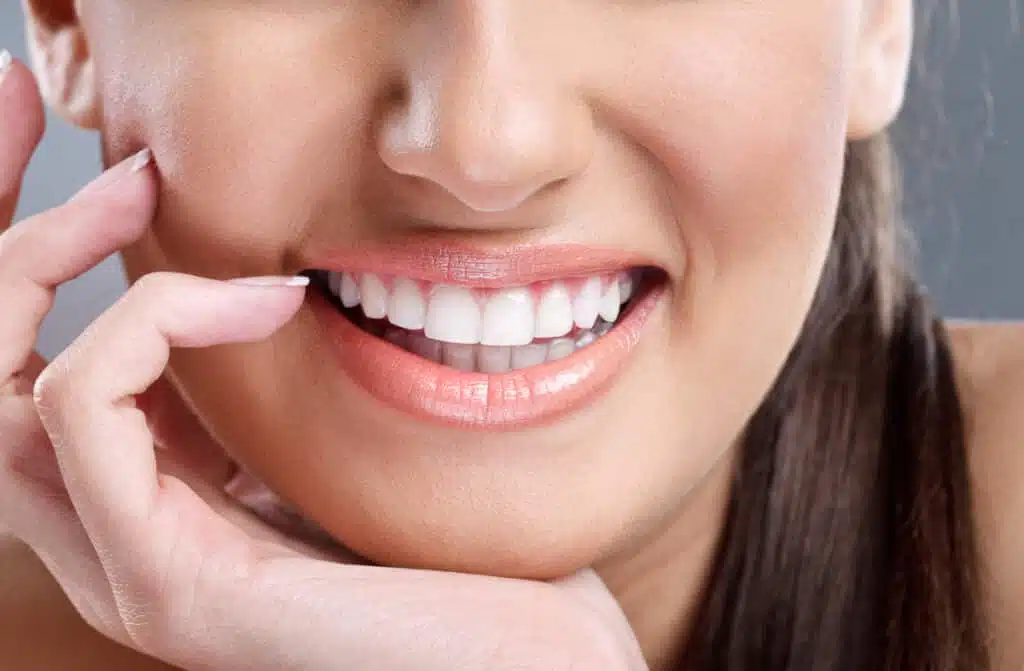
FAQs on the topic of “Whitening teeth with home remedies”
Finally, we will answer some frequently asked questions on the subject of “teeth whitening with home remedies”.
Can home remedies like baking soda really whiten my teeth?
Yes, baking soda can remove superficial stains from the tooth surface as it is slightly abrasive.
However, regular use can damage the enamel and lead to sensitive teeth.
It should therefore only be used sparingly and occasionally.
Is oil pulling an effective method for teeth whitening?
Oil pulling can help improve oral hygiene and reduce superficial discoloration by binding bacteria in the mouth.
However, it does not provide a significant whitening effect and is not as effective as professional teeth whitening methods.
Can I use lemon juice to whiten my teeth?
Lemon juice has natural whitening properties, but can also severely attack tooth enamel.
The acid in lemon juice can lead to long-term tooth damage and increased sensitivity, which is why this method is not recommended.
How safe is the use of activated charcoal for teeth whitening?
Activated charcoal can remove superficial discoloration, but its abrasive nature can damage tooth enamel if used frequently.
Long-term damage such as tooth sensitivity and enamel loss is possible.
Therefore, activated charcoal should only be used with caution.
Does whitening teeth with strawberries work?
Strawberries contain malic acid, which can help to slightly lighten superficial discoloration.
However, the effect is usually minimal and short-term.
As strawberries are also acidic, they should not be used regularly for teeth whitening.
How long does it take to see results when whitening teeth with home remedies?
The results of home remedies can vary and are often only visible after several weeks of regular use.
They are generally less intensive and shorter-lasting than professional teeth whitening methods.
What are the risks of teeth whitening with home remedies?
The main dangers of using home remedies are the abrasion of tooth enamel and the resulting tooth sensitivity.
The risk of gum irritation and long-term tooth damage should also be taken into account.
Can I safely combine home remedies with professional teeth whitening methods?
It is generally possible to use home remedies in combination with professional teeth whitening methods.
However, you should always discuss this with your dentist to minimize the risk of tooth damage and ensure that the combination makes sense.
How can I whiten my teeth without damaging the enamel?
The safest way to whiten your teeth without damaging the enamel is to use professional bleaching products under the supervision of a dentist.
If you use home remedies, you should only use them rarely and avoid acidic substances such as lemon juice.
Should I consult my dentist before using home remedies for teeth whitening?
Yes, it is always a good idea to consult your dentist before using home remedies for teeth whitening.
The dentist can advise you on which methods are safe and effective for your specific needs and inform you of any potential risks.
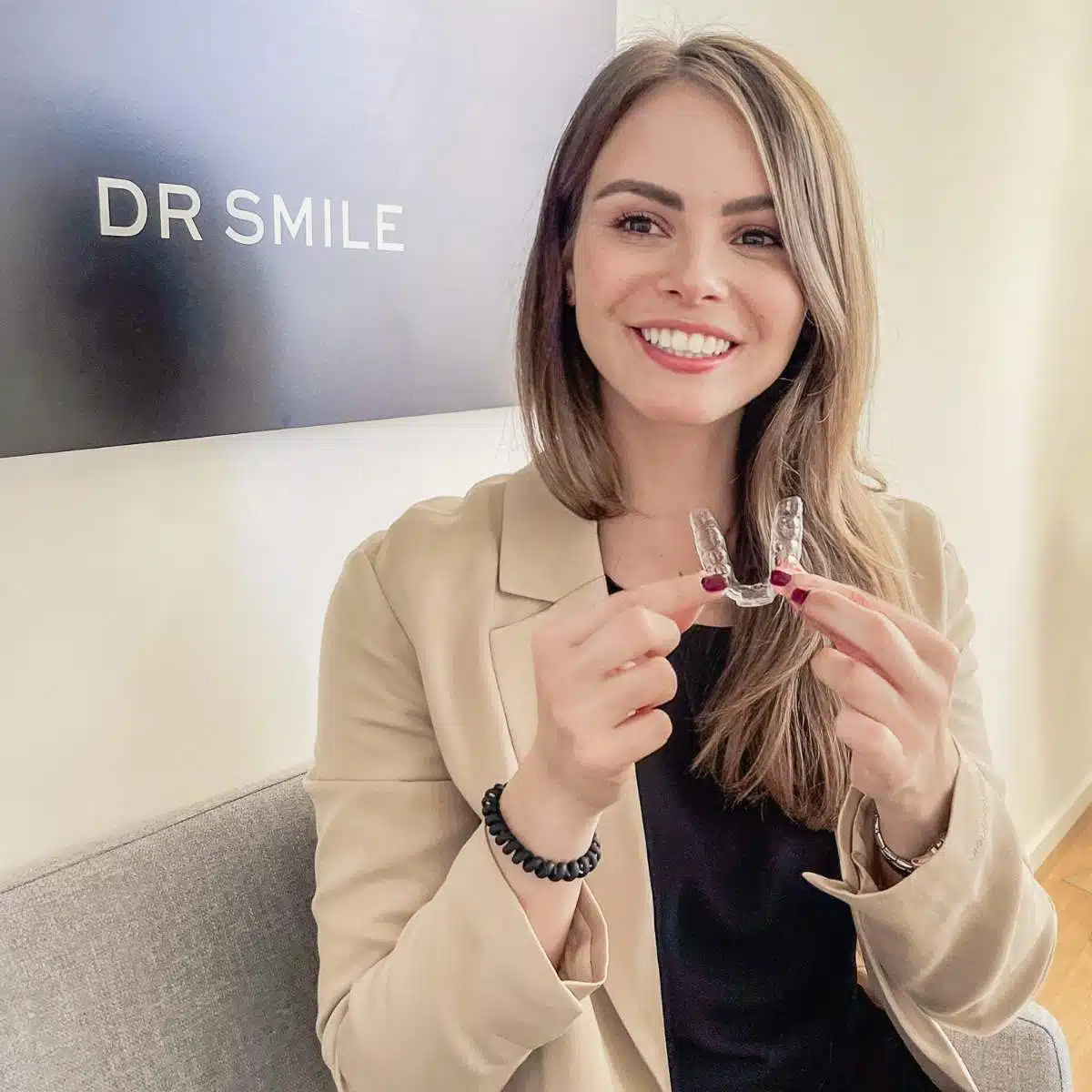
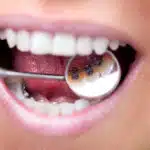

Leave a Reply